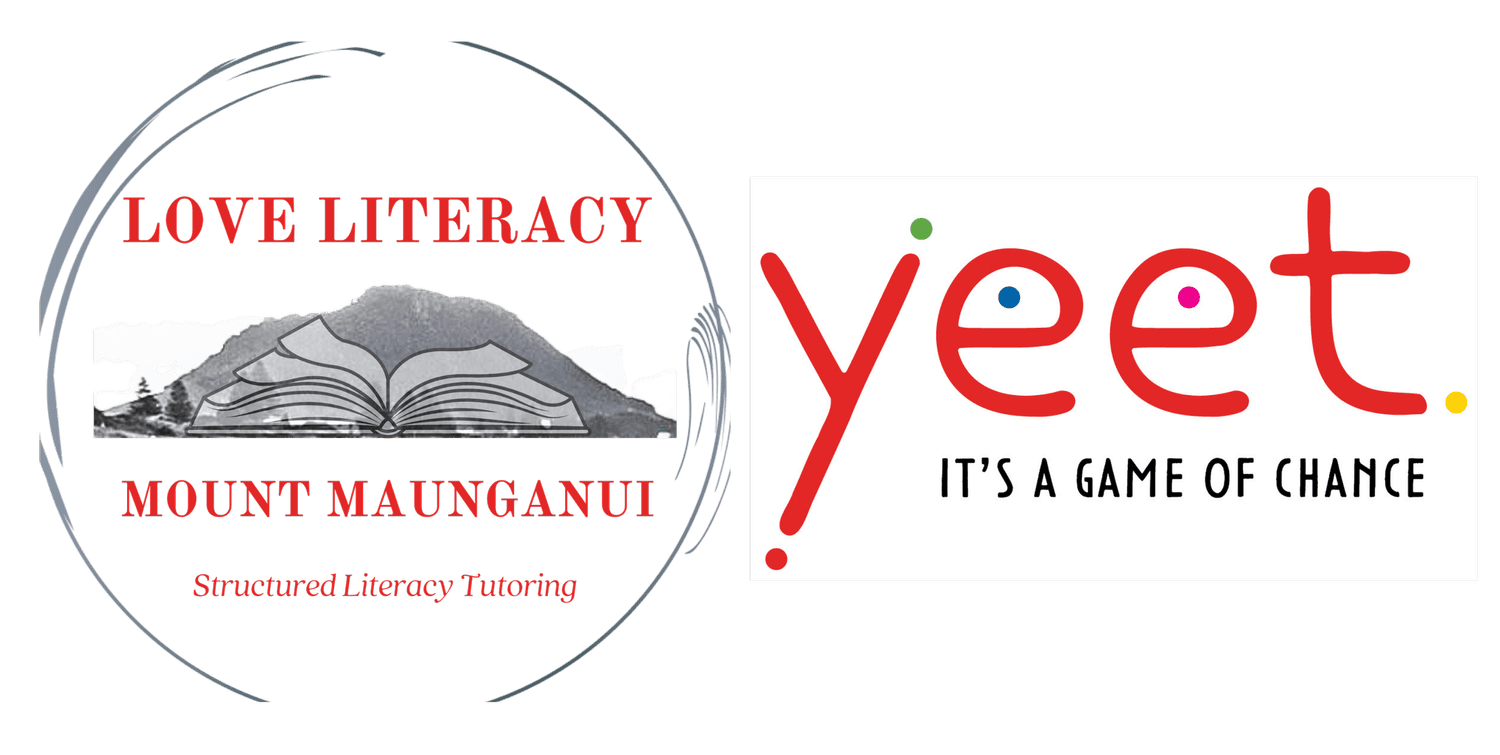By Heather Down, 22 July 2025
A knowledge-rich curriculum refers to a curriculum that is deliberately designed to build students’ background knowledge, vocabulary, and understanding of the world in a systematic, cumulative way. We don’t leave this to chance or assume it will just ‘come along’ with generic reading or experience. (Consider biologically primary and secondary knowledge.)
It focuses on carefully chosen, rich content across subjects, the explicit teaching of essential facts, concepts, and ideas, helping students connect knowledge across domains and over time, and finally, equipping students not just with skills, but with the content to apply those skills to.
The main difference between a knowledge-based curriculum and a skills-heavy curriculum is that with a skills-based the emphasis is largely on teaching generalisable skills (like ‘critical thinking’, ‘inference’, or ‘problem-solving’) often without an intentional, cumulative body of knowledge to apply them to.
In the structured literacy world, a knowledge-rich curriculum takes on importance because:
- Reading comprehension is knowledge-dependent.
Decoding x language comprehension equals reading comprehension (Simple View of Reading). Background knowledge and vocabulary are key components of the language comprehension side, along with executive function. - Skilled writing is also knowledge-dependent. Transcription x Text Generation equals skilled reading (Simple View of Writing). Background knowledge is a key component of being able to generate text and like with reading, is underpinned by executive function.
- Vocabulary and morphology are knowledge systems.
Explicit teaching of word meanings, morphemes, etymology, and spelling patterns builds knowledge networks in the brain that support reading, spelling, and writing. - Knowledge reduces cognitive load.
When students have stored, retrievable knowledge (whether about the world, word meanings, or text structures), they can devote more working memory to higher-order thinking and will have less cognitive load applied to decoding. - Knowledge supports equity.
For struggling learners, neurodivergent students, or students with less knowledge from home exposure due to other issues like poverty, or English as a second language, relying on ‘picking things up from context’ widens the gap. Knowledge-rich teaching ensures all learners have access to the background they need to succeed. We must avoid the Matthew Effect, where the rich get richer and by default, the poor get poorer.
So for me, having a knowledge-rich curriculum is essential, and I have been deepening my understanding of what this looks like in my tutoring practice. Here is what I have discovered this year:
- Teaching decoding, but also systematically building oral language, world knowledge, vocabulary, morphology, and syntax, is paramount
- Choosing texts and topics intentionally, so they reinforce what we are learning and don’t assume prior background understanding
- Making explicit links between reading, writing, spelling, and knowledge building (e.g., using content themes across the curriculum)
- Giving students repeated, structured exposure to key ideas, not just surface-level ‘text variety’
If you want to find out more about how I did this, you can watch here:
Here is a definition I think we can use:
A knowledge-rich curriculum is one that deliberately and systematically builds the background knowledge, vocabulary, and conceptual understanding students need, alongside teaching them how to read, write, and spell. Through this, we recognise that knowledge is not a bonus, but a foundational ingredient of literacy success.
